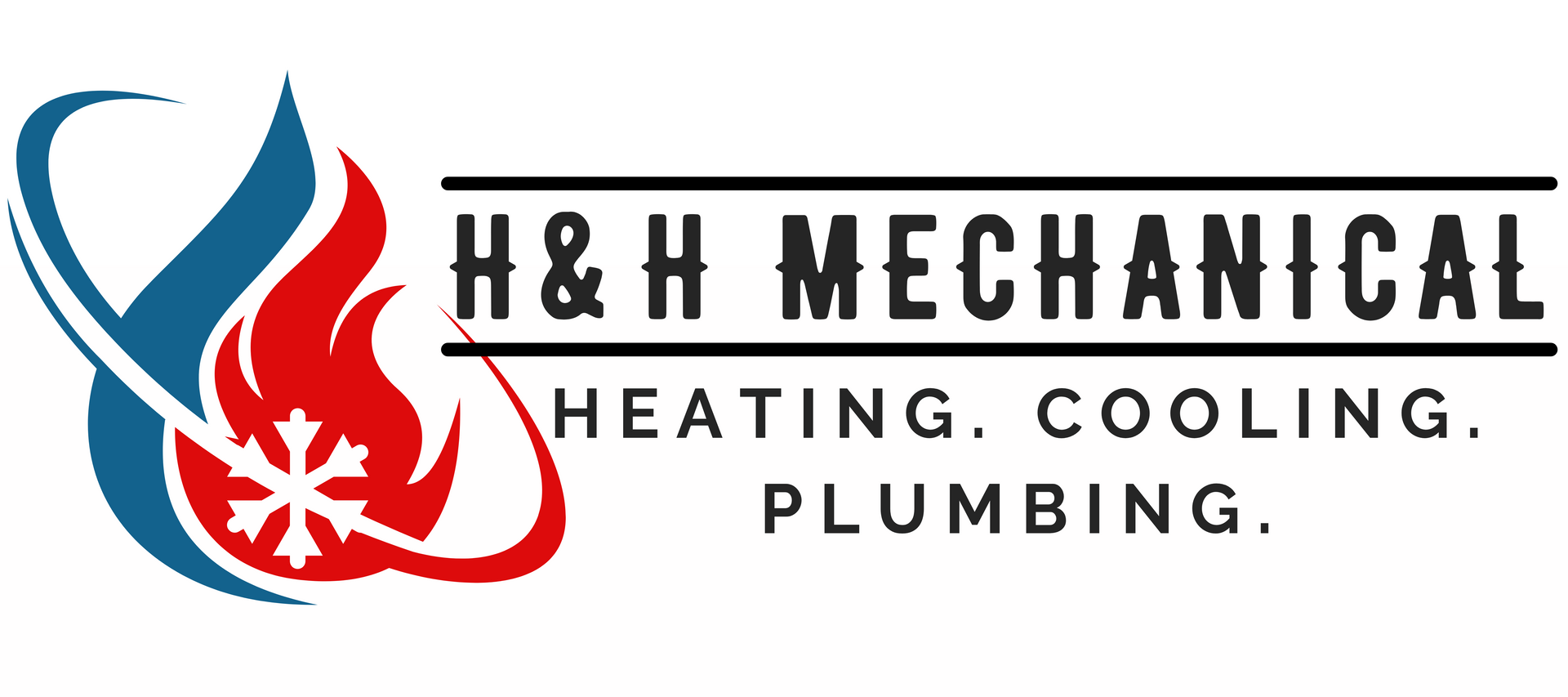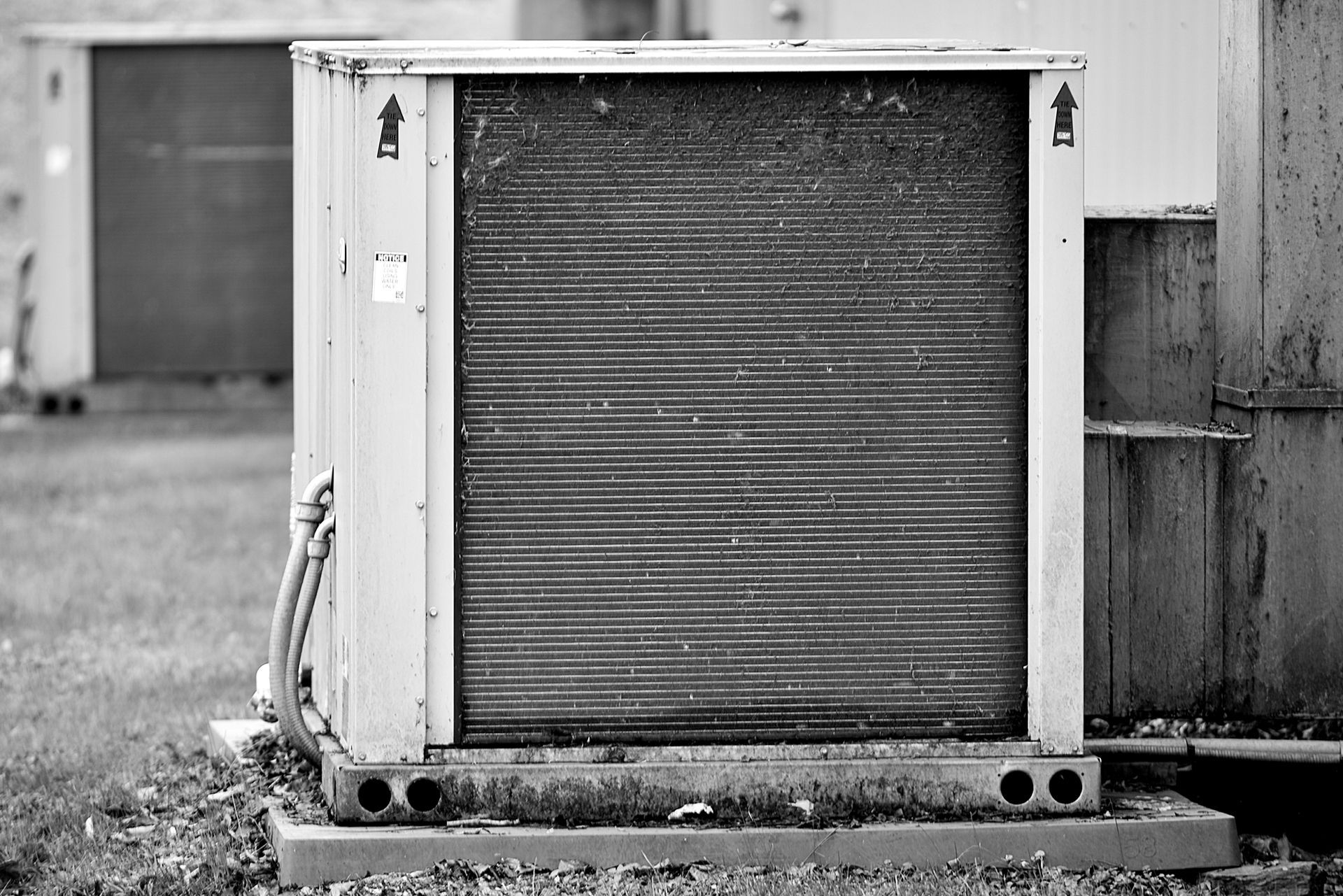Air Filters: Is Cheaper Better?
What is HVAC Filtration, and How Does it Help with Air Quality?
Have you ever wondered how to keep the air in your home or office clean and healthy? The answer is simple: HVAC filtration! Why is HVAC filtration important? Mold, bacteria and fungi thrive in the air that you breathe inside your home or office. The germs can be spread to anyone nearby, including you! If the germs are not controlled, they can cause serious respiratory problems such as pneumonia, bronchitis and emphysema. Besides these health risks, poor air quality indoors can also impact productivity and even reduce worker productivity by up to 40%. With such a large impact on your health and work performance, it's easy to see how much importance HVAC filtration has.
How to Choose the Right HVAC Filter for Your Home or Business
Choosing the right HVAC filter for your home or business can be a daunting task. With so many types and sizes of filters on the market, it can be difficult to know which one is best for your needs. From understanding furnace filters ratings to lifespans; we'll help you make an informed decision when it comes time to pick out a new filter.
What is a MERV rating?
Ever wondered which filter does a better job of keeping dust and other nasties from entering your air stream? Look no farther than the MERV rating! A higher rating means the filter will do a better job at trapping those small particles. MERV ratings are like grades in school - they range from 1 to 20 with most residential applications going up to 11. So even if your home isn't an A+ student, it can still rock a decent grade! Sure, MERV 11+ is great at keeping viruses out of your HVAC system. But just like too much of a good thing, it can also restrict airflow, which could lead to potential problems costing you big bucks. So be extra careful when choosing your filter.

What are the different types of HVAC filter
When it comes to keeping your home comfortable, there are a lot of choices out there - especially when it comes to HVAC filters. From the standard fiberglass filter, to the more advanced pleated filters, to the high-efficiency electrostatic filters - you can find a filter that meets your needs and budget. With so many options available, let's take a look at all the different types of HVAC filters and how they can help keep your home healthy and comfortable!
Fiberglass Air Filters
Fiberglass air filters are the most inexpensive air filter on the market. With the most basic MERV 1 rating, these disposable filters are pretty much an allergy nightmare. So if you have allergies, you might want to keep them away from your home and office!
Pleated Air Filters
Pleated air filters are an essential part of keeping your home clean and comfortable. These filters can remove pet dander, pollen, dust, and other airborne materials from circulating through your home's air system. With the help of pleated air filters, you can take a deep breath and enjoy the freshness of your home's air! When it comes to air filters, the more pleats you have, the more purified your air is! Regular 1” filters need to be changed out every 30–90 days, but why not take advantage of the fancier options? Ditch those 1”ers and upgrade to a 4” or 5“ filter - you'll only need a filter change every 6–12 months! Give us a call!
HEPA Filters
If you're dealing with allergies or other breathing issues, HEPA filters should be your best friend! They can help filter out all the nasty allergens and provide you with clean air. If you want to get the most bang for your buck, HEPA filters are the way to go. For a bit of extra cash, you can filter out up to 99.97% of dust, pollen, mold, pet dander, viruses, bacteria and other pesky particles from your air! Look for filters that are rated MERV 11 or higher. However, please be aware that the higher the MERV, the more difficult it is for your HVAC system to pull in air.
Have more questions?
Struggling to find the perfect air filter for your HVAC system? Don't sweat it, H & H Mechanical is here to help! Reach out to us for more information, and if you have any other questions about heating and cooling - we've got you covered.






